Podcast: Play in new window | Download
Podcast Episode 002 – Thankful Aviators
Happy Thanksgiving everyone!
It occurred to me the other day that since it’s Thanksgiving week, it would be a great time for me to tell you about some of the people who have helped me in my aviation career.
Join me this week, along with a very special guest, my daughter Morgan Showalter.
We discuss the following people and the impact they have had on my life:
Marvin Showalter: My uncle.
Al Rice: My introductory flight instructor at Moody Aviation.
Jerry Foulk, Dick Martin, and Gary Robinson: A&P instructors at Moody Aviation.
Nard Pugyao: My private pilot flight instructor in the Fall of 1992. (This picture was taken in 2015 when Nard was passing through the airport where I work.)
(This picture was taken in 2015 when Nard was passing through the airport where I work.)
Bill Powell: My private pilot check ride examiner. (Find out how I have a good memory of this check ride, even though I failed it the first time.)
Dan Gleason: My instrument flight instructor.
Richard Kiser: Founder and previous owner of Classic Aviation (A general aviation maintenance business at SHD in the Shenandoah Valley of Virginia.)
Steve Bradley: Previous manager at Classic Aviation.
Kenny Painter: My multi-engine flight instructor, among other things.
Jerry Stough: Beech V35B owner, and Classic Aviation customer for many years.
Bob Olsen: Maintenance Clinic inspector for American Bonanza Society (ABS.)
Scott and Jenny French: Cessna 182 owners, local EAA members, skydivers, friends and customers of Classic Aviation.
Tom Wilkinson: Cherokee 180 owner, local EAA member, friend and customer of Classic Aviation.
Zach Hastert: Recent A&P graduate, flight student, and my co-worker at Classic Aviation. (And… one of my valued podcast reviewers, I might add. He has given me some very valuable advice and feedback. Thank you Zach!)
Well that’s it! I am thankful to God for every one of these people, and how they have helped me to get where I am today in aviation and in life. I would not be here without them.
So… who has helped you?
Today’s challenge: Write at least one or two hand-written thank you notes to people who have made a good impact in your life… it will be greatly appreciated! Then leave me a comment and tell me briefly about it… thanks!
Next week’s podcast: How to choose a mechanic or shop; some key questions to ask to make the choice clear.
Thanks for listening, and see you next week!
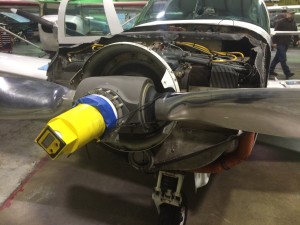 You must be an A&P, or be supervised by one, to adjust mag timing, but as an airplane owner, you could CHECK the mag timing so that you know if it needs adjustment BEFORE it goes into the maintenance shop.
You must be an A&P, or be supervised by one, to adjust mag timing, but as an airplane owner, you could CHECK the mag timing so that you know if it needs adjustment BEFORE it goes into the maintenance shop.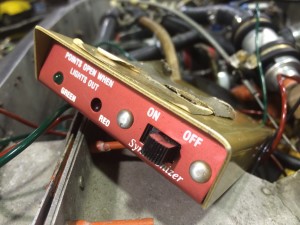
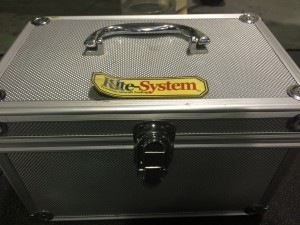
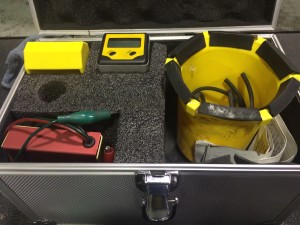
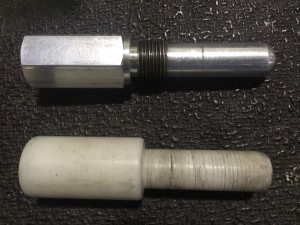



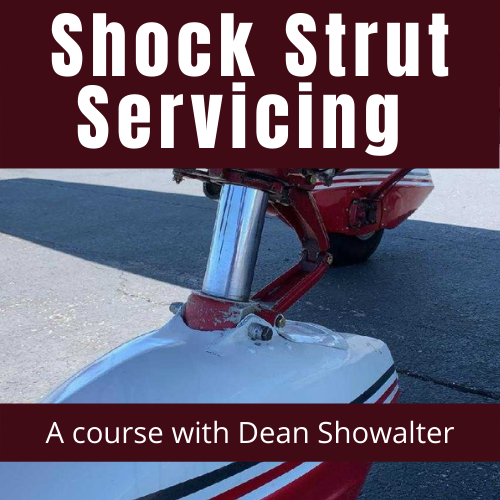
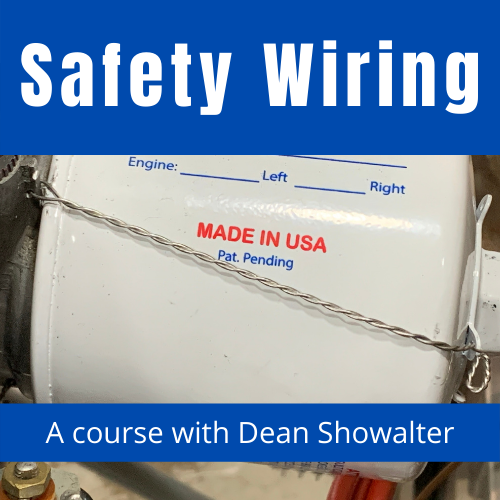
Recent Comments